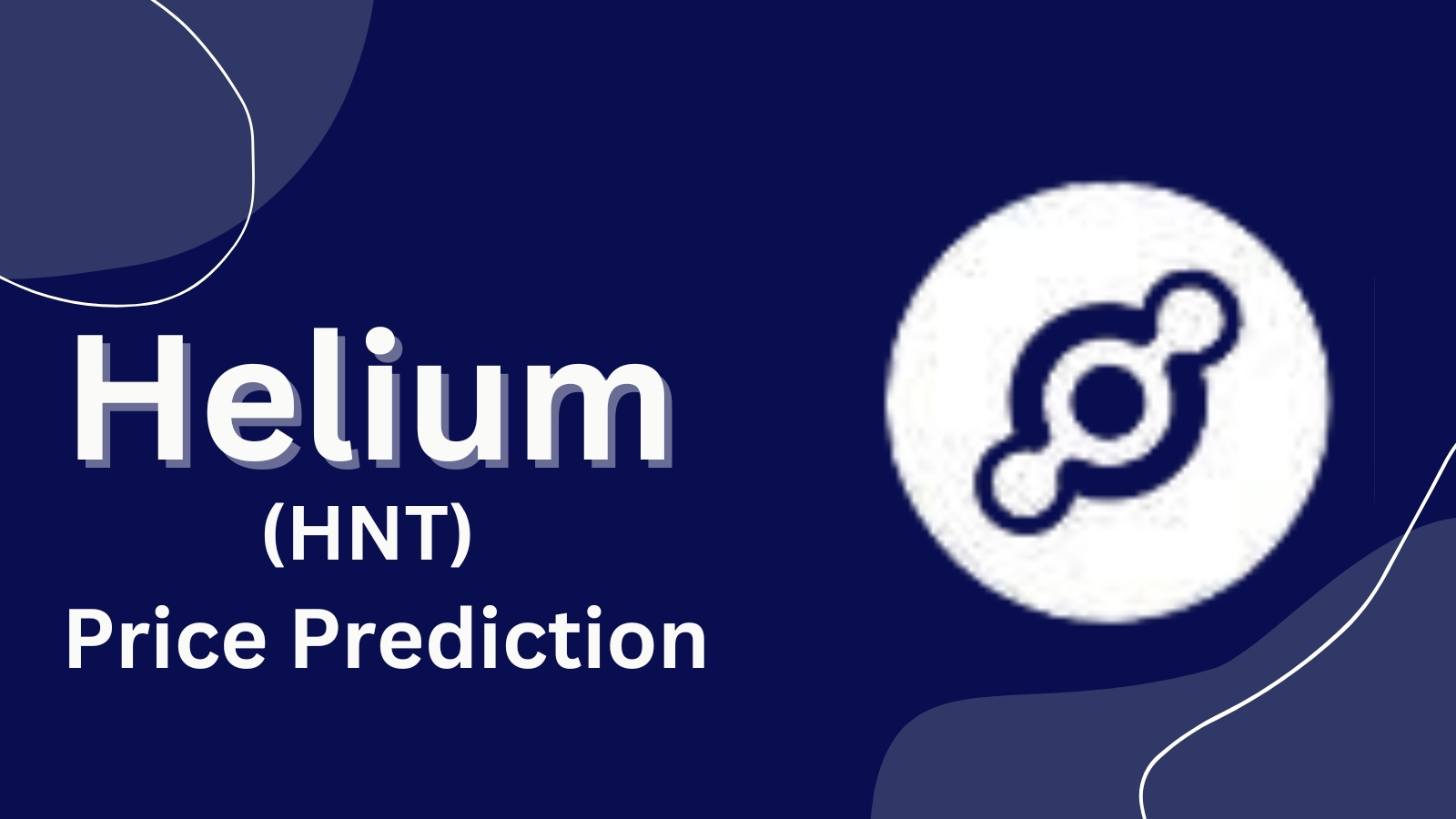Meta’s owner Mark Zuckerberg told investors that AI advances may lead to slower financial results and urged them not to panic or expect an immediate return on investment. This note was indeed included during Wednesday’s call where the results of the soundings for the first quarter were shared.
The upcoming ChatGPT integration will be run across various Meta platforms such as Facebook, Instagram, and WhatsApp, thus, resulting in great interest and high expectations on how the Generative AI will play into the company’s financial reports.
While Meta is still a very profitable company, with a net income of more than $12 billion and a revenue of $36.5 billion recorded for the last quarter, there’s a perspective of lower revenue growth in the coming quarters.
However, they pour a limitless amount of resources into the AI and metaverses at the same time.
“Historically, investing to build these new scaled experiences in our apps has been a very good long-term investment for us and for investors who have stuck with us,” Zuckerberg said on the first quarter earnings call, drawing an analogy to the rollouts of Stories and Reels. “And the initial signs are quite positive here, too. But building the leading AI will also be a larger undertaking than the other experiences we’ve added to our apps, and this is likely going to take several years.”
Going forward, Meta may have other lines of profit to pursue which are currently meant for free. Zuckerberg mentioned an opportunity ranging from adding ads or paid content into bots to giving users the choice of paying more for larger AI models and intensive computing which would likely take place in the cloud.
He indicated that AI already has been able to improve app usage and therefore, elevated exposure to ads and ultra-targeted delivery of ads.
In the short period, greater efforts of Meta AI may help it to boost the performance of its advertisement marketing. This contrasts with the business model pursued by OpenAI, which is more akin to the subscription-based model and the enterprise solutions where advertising does not play the primary role.



